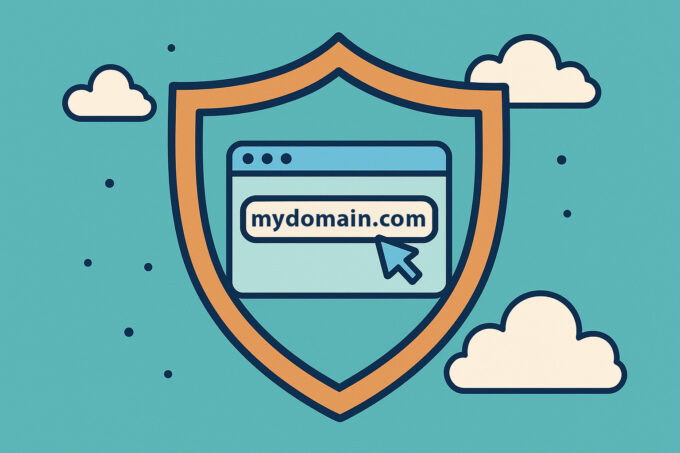In the vast landscape of website development, choosing the right Content Management System (CMS) can make or break your online presence. While there are several options available, including Joomla and Drupal, one CMS has emerged as the clear frontrunner: WordPress. In this article, we’ll explore the key reasons why WordPress stands head and shoulders above the competition.
WordPress is Extremely Popular
First and foremost, WordPress boasts unparalleled popularity in the world of web development. Powering over 42% of all websites on the internet, it’s clear that millions of users and developers trust WordPress to deliver their online content. This popularity translates into a thriving community of users, making it easy to find support, tutorials, and resources for all your website needs.
WordPress is Secure, Contrary to Common Misconceptions
One common misconception about WordPress is that it’s inherently insecure. However, this couldn’t be further from the truth. WordPress provides regular security updates and patches to keep your website safe from threats. Additionally, there is a vast array of security plugins available to enhance your website’s defenses further. With responsible management and best practices, a WordPress site can be as secure as any other CMS.
WordPress Enjoys Extensive Support
When it comes to hosting providers and developers, WordPress is the CMS of choice for many. Hosting providers often optimize their services for WordPress, ensuring top-notch performance. Moreover, a vast pool of WordPress developers means that finding qualified professionals to assist with your project is a breeze.
User-Friendly WordPress
One of WordPress’s greatest strengths lies in its user-friendliness. You don’t need to be a coding wizard to navigate its interface, create content, or customize your site’s appearance. With a wide range of themes and plugins at your disposal, you can achieve your desired look and functionality without advanced technical skills.
Scalability with WordPress
Contrary to the belief that WordPress is suitable only for small websites, it can be incredibly scalable. With proper setup and configuration, WordPress can handle large and complex websites just as efficiently as any other CMS. It’s all about choosing the right hosting plan, optimizing your site, and leveraging the power of plugins to achieve your scalability goals.
Speed with Proper Hosting and Caching
Website speed is crucial for user experience and search engine optimization. WordPress, when paired with the right hosting provider and a robust caching policy, can deliver lightning-fast page load times. With the use of CDNs (Content Delivery Networks) and optimization plugins, you can ensure your website loads quickly and efficiently.
Multi-Lingual Capabilities
Finally, WordPress is not limited to a single language. Thanks to plugins like WPML (WordPress Multilingual), you can easily create and manage multi-lingual websites. This feature is invaluable for reaching a global audience and expanding your online presence.
In conclusion, while Joomla and Drupal have their merits, WordPress remains the top choice for building websites. Its popularity, security, extensive support, user-friendliness, scalability, speed, and multi-lingual capabilities make it the ultimate CMS for all your online needs. So, if you’re planning to launch a website, consider WordPress, and join the millions of satisfied users who trust it to power their online presence.



